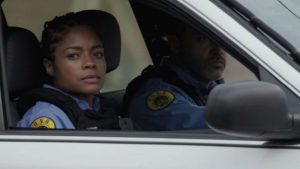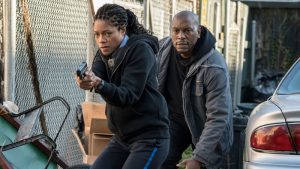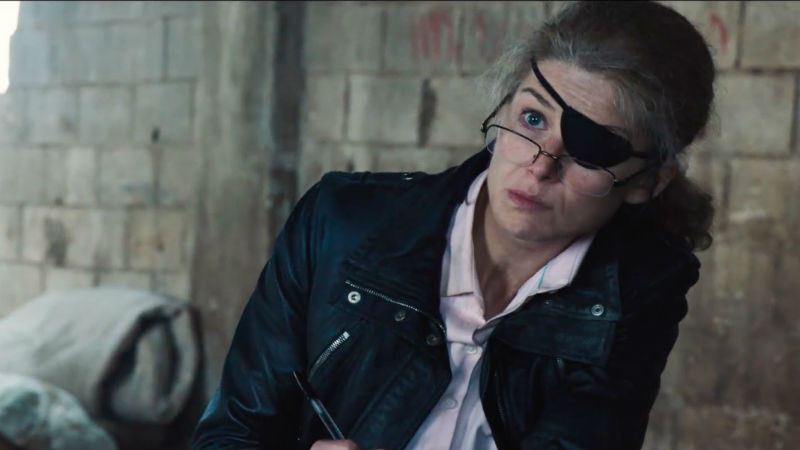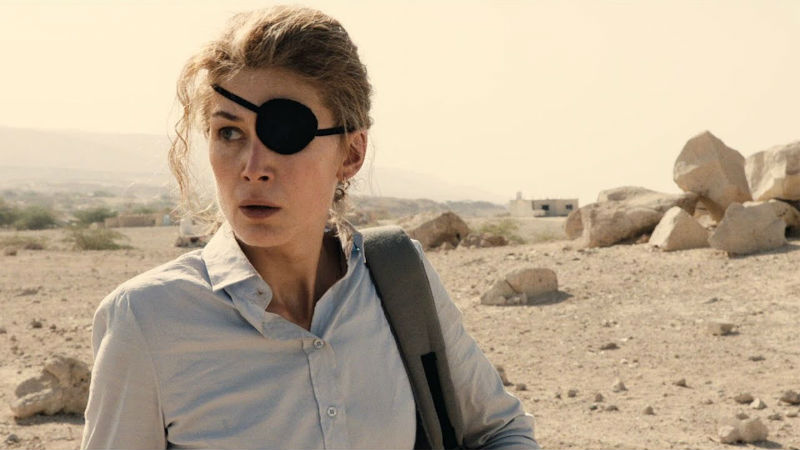Afghanistan, 1989. The Soviet army is on the verge of withdrawing from the country when a bomber is shot down. A literal Chekhov’s gun is confiscated from the pilot, who turns out to be the son of General Vasilev. Thus, an operation is set in motion to rescue him from Mujahideen captivity. The typical band of misfits are gathered, and have to deal with rebels, smugglers, traitors, translators and an increasing lack of purpose.
A film of many names and based on actual events, Brotherhood (aka Leaving Afghanistan) can be seen as Russia’s first Vietnam movie (Kevin Reynolds’s solid Soviet-Afghan themed tank 1988 film The Beast was an American production). Bucking the last years’ trend of flag-waving films – such as Stalingrad (Fyodor Bondarchuk, 2014), Tankers (Konstantin Maximov, 2018) and T-34 (Aleksei Sidorov, 2019) – set during the Great Patriotic War, Brotherhood quickly ran into trouble in Putin’s Russia by instead dealing with the Soviet Union’s forgotten war in Afghanistan.
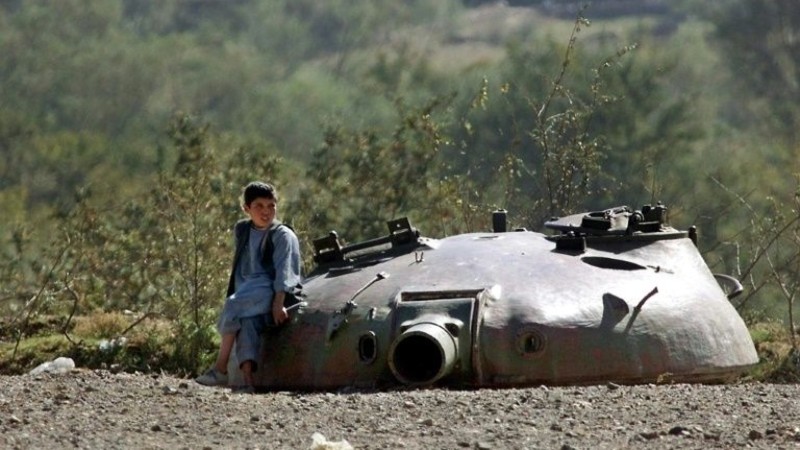
Some veterans were incensed at the unconventional portrayal of Soviet soldiers. And clearly the protagonists in the Soviet military are not presented as paragons of virtue. They are guzzling vodka and looting ’80s artifacts like ghettoblasters and the Sony Walkman.
But perhaps surprisingly, the film is rather even-handed in its portrayal of the Mujahideen enemy (who of course history would later see morph into warlord factions and eventually the Taliban). The other are given a voice in the form of an erudite leader figure and are seen as more than faceless fundamentalists. I would have wished for more depth to the Afghani liaison, representing the Afghanistan government. In the few scenes he features, it is mostly to beg for harder Soviet measures against the rebels. But that a multifaceted look at the deep complexities of the Soviet-Afghan War lies beyond what can be expected of one film.
Brotherhood only grants a minimum of exposition in the form of overheard TV spots of the Soviet withdrawal, and to get the most out of the film the average Western viewer would do well to at least visit Wikipedia for a history refresher.
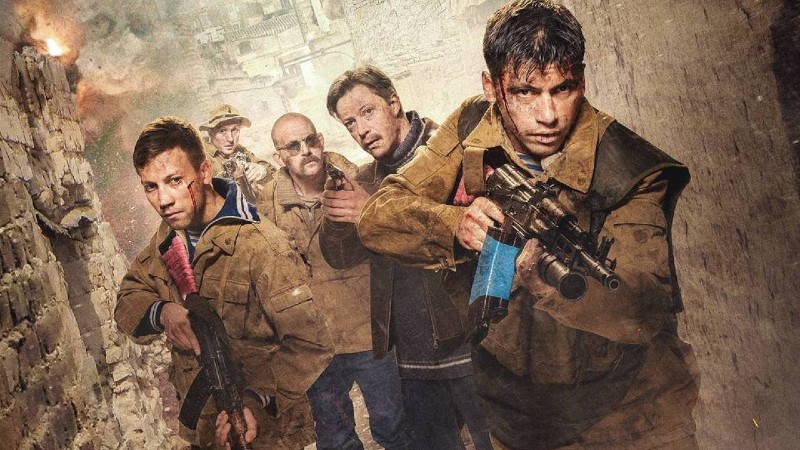
Even with accounting for some beautiful mountain scenery (shot in the Caucasus rather than on-location, naturally), the film remains gritty rather than visually sumptuous. Despite the controversial subject matter, the director did have enough support from higher-up veterans in the Russian military that it was possible to shoot scenes with authentic APCs and Mi-24 attack helicopters, which adds a lot to the sense of realism. Special mention must go to some thoroughly disturbing sound effects. Never has the horror of trying to breathe with knife and gunshot wounds been better portrayed.
The war sadly remains topical, with the ongoing Western engagement in Afghanistan’s war without end. The competent Brotherhood is a must for anyone interested in the subject matter. A rare opportunity to see Russian cinema deal with its very own Vietnam.
Brotherhood is based on the memoirs of Afghan war veteran turned FSB spy chief Nikolai Kovalyov. It screened at the Russian Film Week in December, a month which also saw a French DVD and Blu-ray release. Streaming rights yet to be determined.









